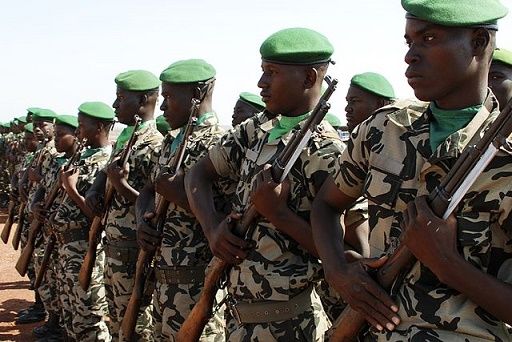Terrorism and people-smuggling are both problems high on the European agenda at present.
A new African military force, the G5 Sahel Joint Force, is being set up to help combat these problems and the Danish government is considering supporting the initiative, Politiken reports.
The 5,000-strong force could be operational in a couple of months. The EU is contributing 375 million kroner to the project.
A positive step in the right direction
There are five countries involved in setting up the force: Chad, Niger, Mali, Mauritania and Burkina Faso.
As well as the money from the EU, the African countries have also contributed 750 million kroner. However, in order to get the project off the ground, around 3 billion is needed.
“It is positive that the five countries have taken the initiative towards a combined force and we are actively considering Danish support,” said the foreign minister, Anders Samuelsen.
But will it be enough?
Both Venstre and Socialdemokratiet have expressed interest in the project.
“This is exactly in line with what we’re working towards: getting the transit countries to put a stop to the large-scale human trafficking that’s taking place,” said Michael Aastrup Jensen, Venstre’s spokesperson on foreign affairs.
Danske Folkeparti (DF) is more sceptical. “It’s like putting a plaster on an open fracture,” said its integration and foreign affairs spokesperson, Martin Henriksen.
“Other methods are needed; for example, turning back the tide of vessels crossing the Mediterranean and refusing asylum-seekers entry at the Danish border.”
However, he did not rule out the possibility that DF might support the initiative.
















